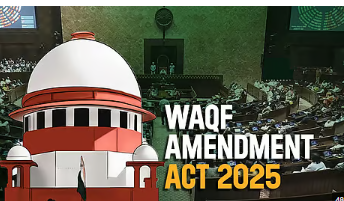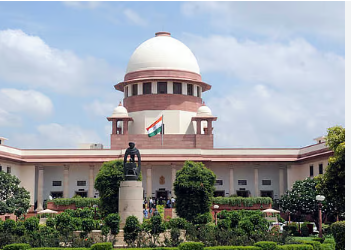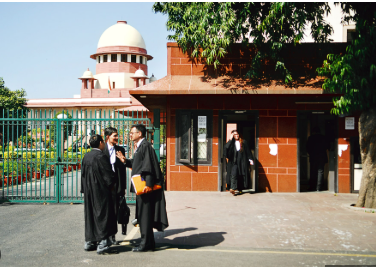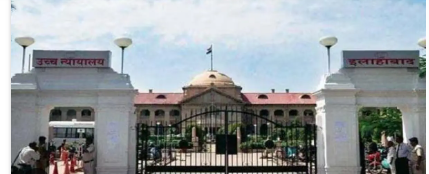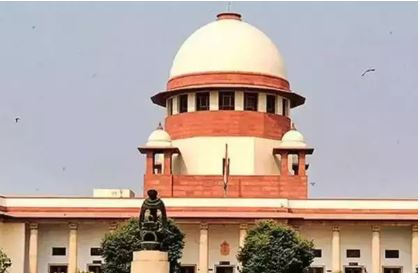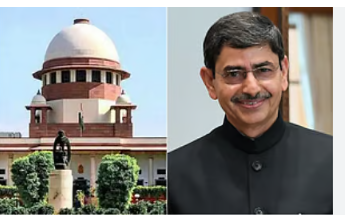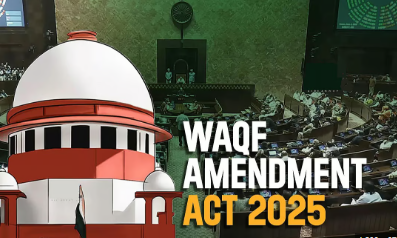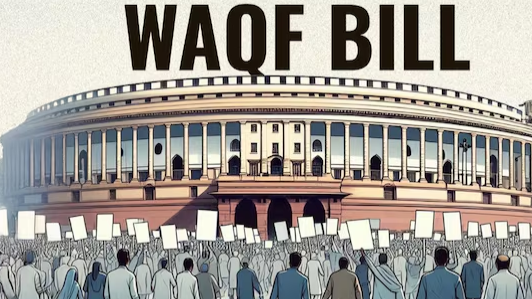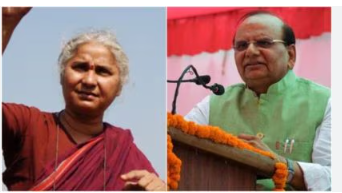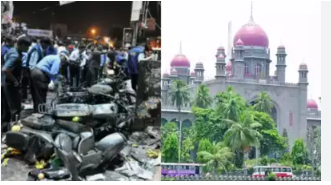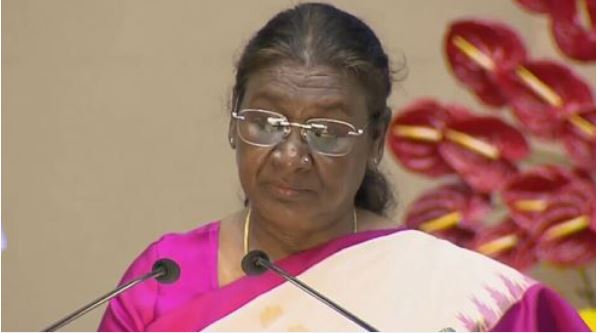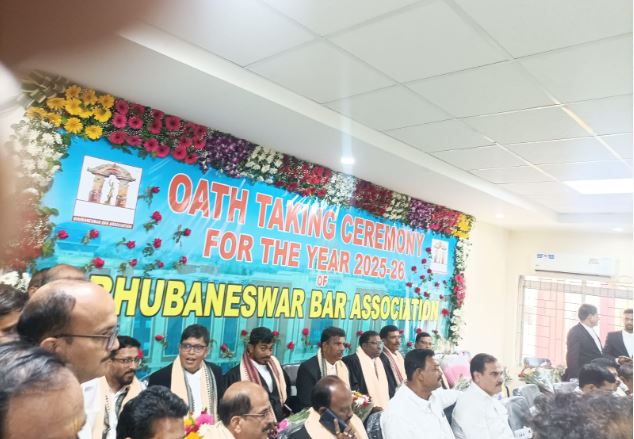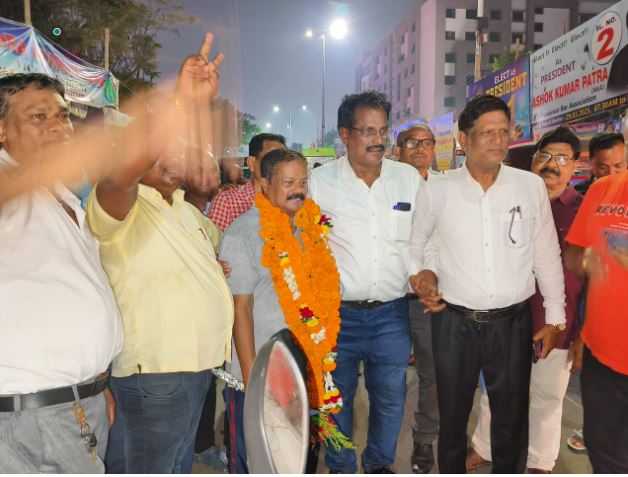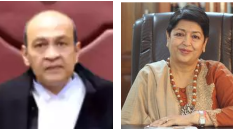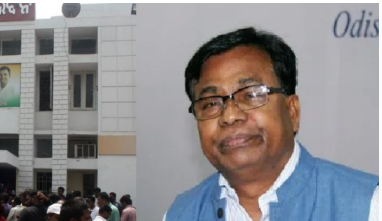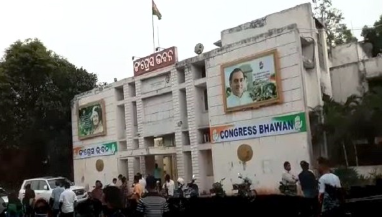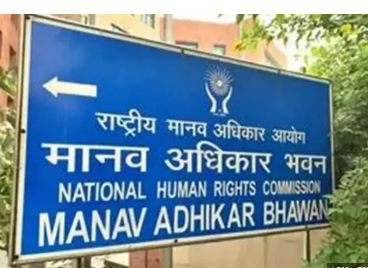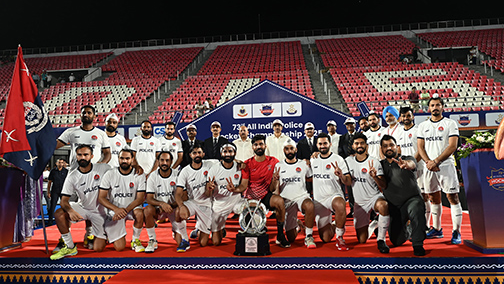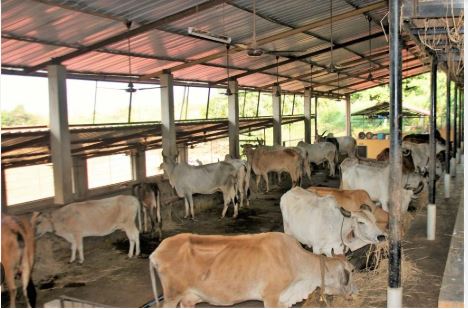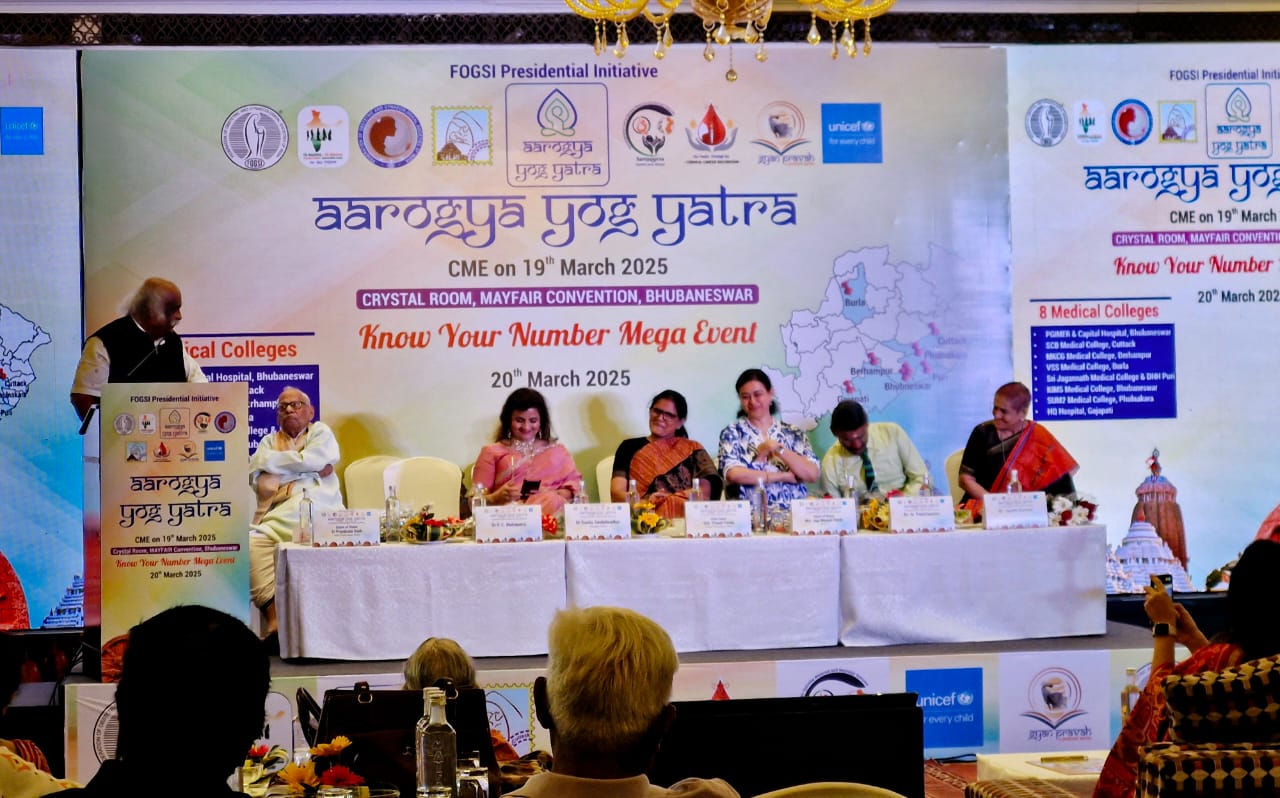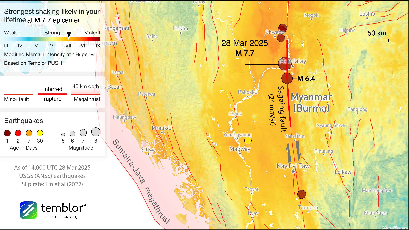New Delhi, April 10: The New Delhi Bar Association (NDBA) has reiterated its commitment to ensuring "uninterrupted judicial proceedings" at Patiala House Court, where the trial of Tahawwur Hussain Rana, a key suspect in the 26/11 Mumbai attacks, is set to begin following his extradition to India today. In an official statement, NDBA President Nagender Kumar and Honorary Secretary Tarun Rana assured that all necessary measures would be taken to maintain order and prevent disruptions within the court complex.
The statement, delivered in the presence of other Bar leaders, including Joint Secretary Advocate Ankur Tyagi and Treasurer Advocate Astha Gupta, emphasized the association’s resolve to uphold law and order within the court premises while ensuring that the judicial process remains smooth and uninterrupted.
Recognizing the seriousness of the case, the association underscored its commitment to facilitating fair and transparent proceedings in full accordance with Indian legal principles. It pledged to work towards the seamless administration of justice as the trial moves forward. With heightened security expected for Rana's court appearance, the NDBA’s proactive stance serves as a reminder of the importance of judicial discipline and integrity in this landmark case.
Tahawwur Hussain Rana is being brought to India after the US Supreme Court dismissed his plea to block his extradition, exhausting all legal avenues in the United States. Rana faces charges related to his involvement in the 2008 Mumbai terror attacks, which resulted in the deaths of over 160 people.
On April 7, the US Supreme Court rejected Rana’s emergency application to stay his extradition, which had been filed on March 20, 2025. The Court’s order, issued on April 7, stated: “The application for stay addressed to The Chief Justice and referred to the Court is denied.”
Rana, a Pakistani-Canadian national, had been convicted in the United States for his role as an operative of the banned terrorist group Lashkar-e-Taiba (LeT). He was found to have provided material support to the group responsible for the 2008 Mumbai attacks, during which 10 Lashkar-e-Taiba militants carried out a series of coordinated assaults in southern Mumbai. The attacks targeted multiple locations, including the Chhatrapati Shivaji Railway Station, two hospitals, and a theater, while also taking hostages at Nariman House, the Oberoi Trident, and the Taj Mahal Palace Hotel. The siege lasted for three days before Indian security forces regained control, killing nine terrorists and arresting one.









